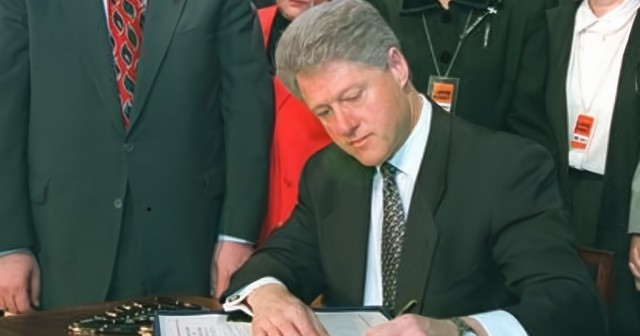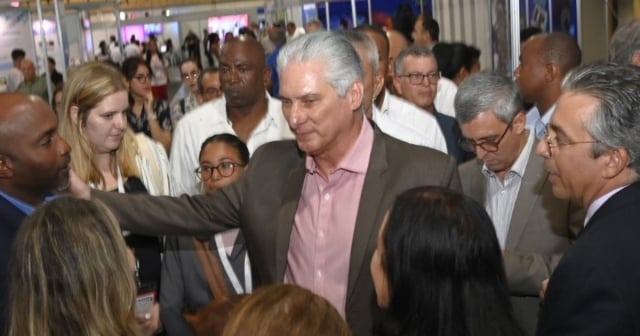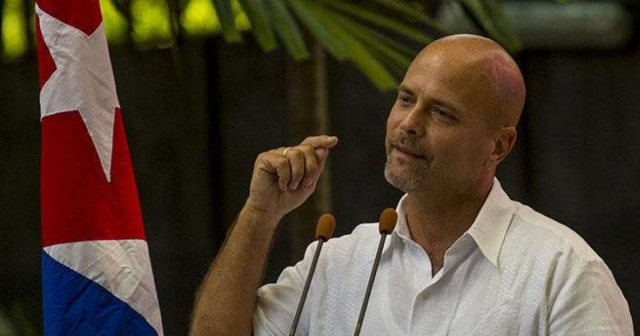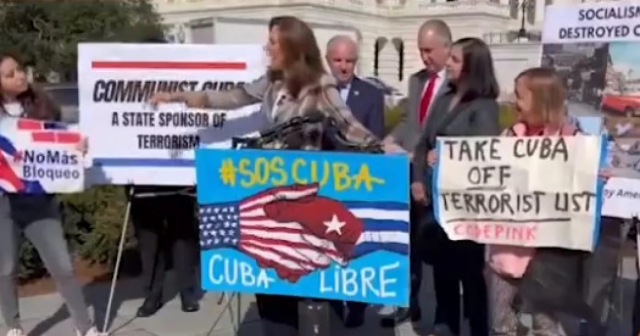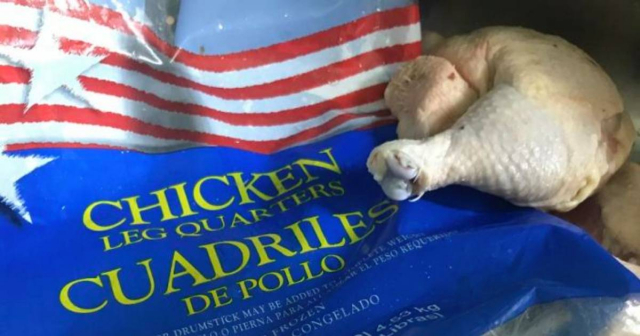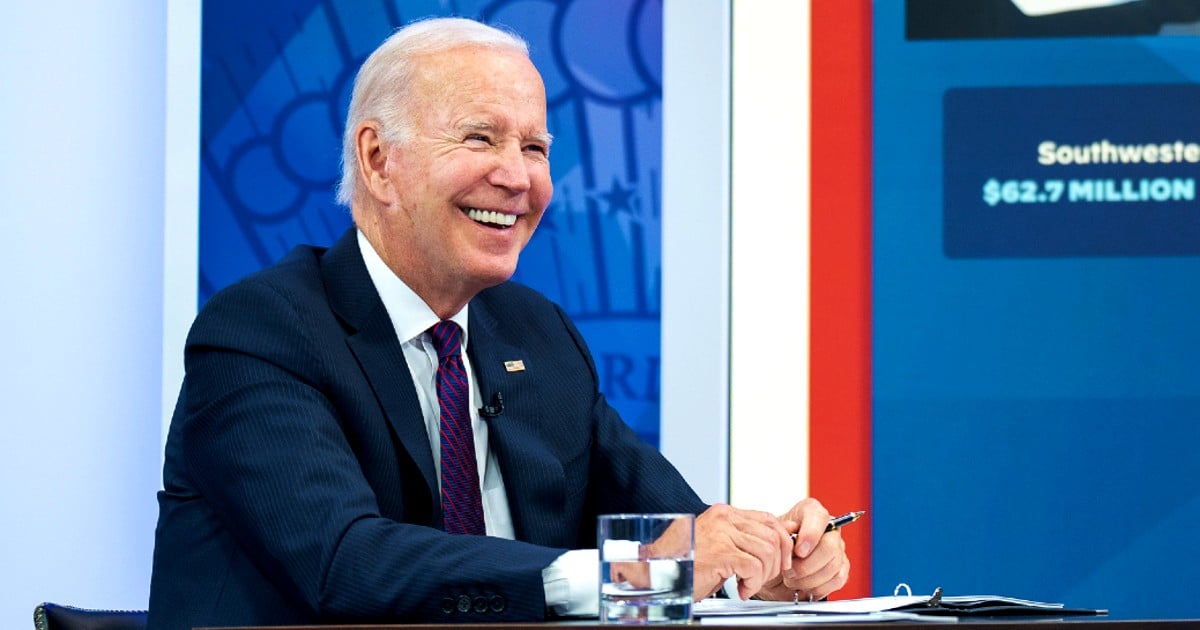
President Joe Biden renewed the embargo on the Cuban regime for another year, a formal procedure assumed by all US administrations for 60 years, from John Fitzgerald Kennedy to the present.
In amemo sent this Friday to the Secretary of State,Antony Blinken, and to the Secretary of the Treasury,Janet Yellen, Biden gave instructions to extend until September 14, 2023 the regulations that support the commercial, economic and financial embargo against the Cuban regime, based on the Trade with the Enemy Law.
“I hereby determine that the continuation of the exercise of those authorities with respect to Cuba for 1 year is in the national interest of the United States.”, indicated a memorandum signed by the President.
The measure takes effect for the regulations of the Office of Foreign Assets Control (OFAC) of the Department of the Treasury. The regulation is a routine assumed by Republican and Democratic administrations since the embargo was fully implemented in February 1962.
“By extending the application of the 'Trade with the Enemy Act', Biden becomes the 12th US president to ratify the framework that supports the policy of abuse against Cuba and its people, which is rejected by almost all countries members of the international community,” the Cuban Foreign Ministry responded via Twitter.
In his response, the chancellorBruno Rodriguez shared an image with the result of the last vote at the United Nations, in which 184 countries opposed the measure and three abstained, while it was supported only by the United States and Israel.
The embargo against Fidel Castro's regime was partially imposed by Washington in October 1960 in response to the nationalization and expropriation without compensation of American companies in Cuba, but was applied in its full scope beginning in February 1962.
While the administrations of Jimmy Carter (1977-1981) and Bill Clinton (1993-2001) favored measures to make the embargo more flexible, it was not until the presidency of Barack Obama that the package of regulations on Cuba was further eroded by making it more flexible to unprecedented levels. commercial, financial and tourism sanctions against the island, even going so far as to ask Congress to lift the embargo during a plenary session at the General Assembly in October 2016.
In 1996, the provisions of the embargo were codified through the Helms-Burton Act, meaning that Congress cannot lift sanctions on Cuba as long as the country does not have a democratically elected government and political freedoms are respected.
Biden's renewal corresponds with the policy promised during his presidential campaign of keeping the embargo in place as long as Cuba did not produce democratic changes and respect human rights.
In mid-May,The Biden administration announced a significant change in its policy towards Cuba allowing the restoration of commercial flights to Cuban provinces and the resumption of the Family Reunification Program, in addition to the suspension of the $1,000 dollar limit for sending family remittances to the island.
The decision announced by senior White House and State Department officials reversed part of the sanctions implemented by President Donald Trump against the Cuban regime and marked a significant step by Joe Biden towards fulfilling his election campaign promises.
“The Biden administration's policy towards Cuba continues to focus first and foremost on supporting the Cuban people, including their human rights and political and economic well-being,” said a US official at the time, stating that the measures taken would contribute to “support "even more to the Cuban people, providing them with additional tools to pursue a life free from the oppression of the Cuban government and to seek greater economic opportunities."
The decision responded to recommendations made after a review of US policy towards Cuba, which began after Biden's arrival in the White House and was then cautiously reformulated whenthe historic protests of 11J and the repression unleashed by the Cuban regime.
Days after the Democratic administration's shift in Cuba policy was announced, Cuban journalist Carlos Alberto Montaner predicted "that within 18 months Biden and Juan S. González will meet again to examine the results of the change in strategy. It will be the time of recount.Nothing will have happened. They will continue to be paralyzed. There will, of course, be more sanctions. More hostility. And start again".
What do you think?
SEE COMMENTS (1)Filed in:

